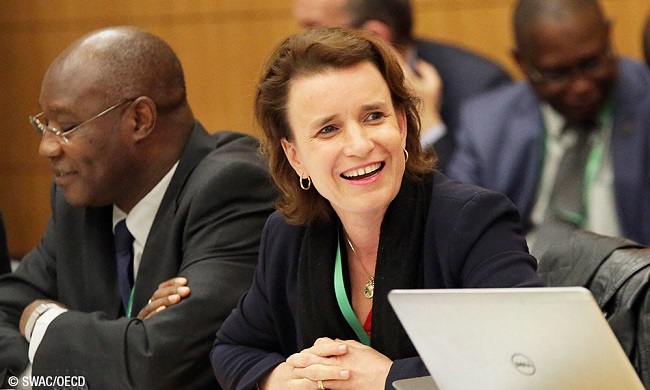As global temperatures continue to rise, expectant mothers face an increasingly hazardous health landscape.

Medical experts warn that extreme heat significantly increases the risk of pregnancy complications, including miscarriages.
They cautioned that temperatures exceeding 25°C can pose multiple health challenges for pregnant women, particularly severe dehydration, which could adversely affect both mother and unborn child.
According to the Centres for Disease Control and Prevention (CDC), while outdoor activities offer health benefits, exposure to extreme heat can lead to serious health risks for pregnant women, including hypertensive disorders and other pregnancy complications.
Dr Imam Wada Bello, a public health physician and Director of Public Health and Disease Control at the Kano State Ministry of Health, noted that climate change was no longer just an environmental issue. “It is now a pressing public health concern”.
According to him, findings have increasingly linked climate change to maternal health, turning what was once viewed as a distant global issue into a direct and personal threat for millions of women around the world.
“Pregnant women become particularly vulnerable when temperatures rise,” Bello said.
“The risk of dehydration increases dramatically, which can directly impact fetal health, potentially leading to premature birth or miscarriage.
“Imagine walking under the scorching sun; how viable is your fetus? The chances of miscarriage are significantly higher than if you were in a cooler environment.”
According to Bello, heat stress compounds the physiological changes already taking place in pregnancy, such as increased blood volume, cardiovascular output, and heart rate.
“Studies show that heat places additional stress on the heart and cardiovascular system.
“Exposure to high temperatures during any trimester is associated with adverse outcomes like preterm births, stillbirths, low birthweight, and even birth defects.”
He also cited CDC findings that hot weather could exacerbate air pollution, increasing levels of harmful substances like ozone, fine particulate matter, and sulfur dioxide.
“Breathing polluted air causes inflammation and genetic changes that may hinder placental development and promote blood clots.
“The combined effect of heat and air pollution can worsen pregnancy outcomes more than either factor alone,” he said.
Bello also raised concerns about the mental health impact of extreme heat on pregnant women.
He advised that“pregnant women can go outside, but not during intense heat; say, when temperatures hit 35°C.
“We used to experience temperatures between 25°C and 30°C, but anything beyond that is not advisable,” he added.
Bello, however, highlighted some key strategies to mitigate climate change impact on maternal health, to include, increased awareness of the link between climate conditions and pregnancy risks, temperature management, hydration and health support.
“There is need for increased awareness about the link between climate conditions and pregnancy risks.
“There should be more and sustained education about the risks of high temperatures on pregnancy outcomes
“Hydration and health support are important to prevent dehydration during pregnancy. Pregnant women should know the importance of being hydrated.
“It has become more important to monitor and reduce exposure to extreme heat, and ensure pregnant women have access to cool environments, recognising that temperatures above 25°C increase health risks
“Environmental interventions such as exploring the feasibility of large-scale tree planting initiatives to reduce overall temperatures and taking into cognaissance their potential economic benefits.
“Support green urban development and develop infrastructure that protect vulnerable populations, and support ongoing research to track miscarriage rates and pregnancy complications related to rising temperatures.”
All in all, the physician advised on a comprehensive approach that would combine medical care, environmental strategies, and public awareness as being essential to safeguard maternal health in a changing climate.
By Vivian Ihechu









